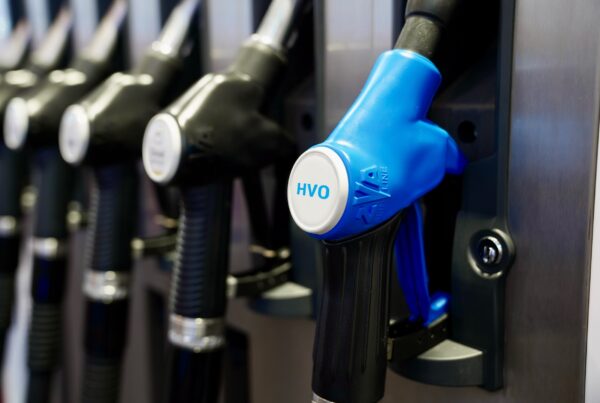Stellantis is working to support the decarbonization of its vehicle fleet by exploring alternative fuels. The company is currently testing synthetic fuels, known as eFuels, on 28 different engine families to see how well they perform in practice.
Reduce the environmental impact of combustion engines by using eFuels
The use of eFuels is one way to reduce the environmental impact of combustion engines, as they can be made from renewable sources. Stellantis has set a goal to fully decarbonize its fleet by 2030 and is looking for alternatives to fossil fuels.
Stellantis’ eFuel tests are being conducted in close collaboration with industry partners, including TotalEnergies, which is involved in the construction of an eFuel facility in France. Stellantis is optimistic that eFuels will be an important part of its future decarbonization strategy.
Currently, Stellantis is focused on validating eFuels for use in passenger car applications, but the company also has plans to test the fuels for commercial vehicles. The results of the tests will be used to determine which engines are suitable for the use of eFuels and how they can be integrated into current engine designs.
Stellantis has also committed to launching five full-electric vehicles by 2025 to achieve its decarbonization goals. The company plans to convert at least 70% of its European sales to full-electric and plug-in hybrid vehicles by 2030.
The use of eFuels can play an important role in decarbonizing transportation, as they provide a way to utilize existing infrastructure and reduce the environmental impact of combustion engines. It remains to be seen how successful Stellantis’ tests will be and whether eFuels will actually be a viable alternative to fossil fuels.
Overall, Stellantis’ commitment to exploring eFuels shows that the company is striving to do its part in combating climate change and aligning its fleet with a more sustainable future.
Image by Olena Sergienko




